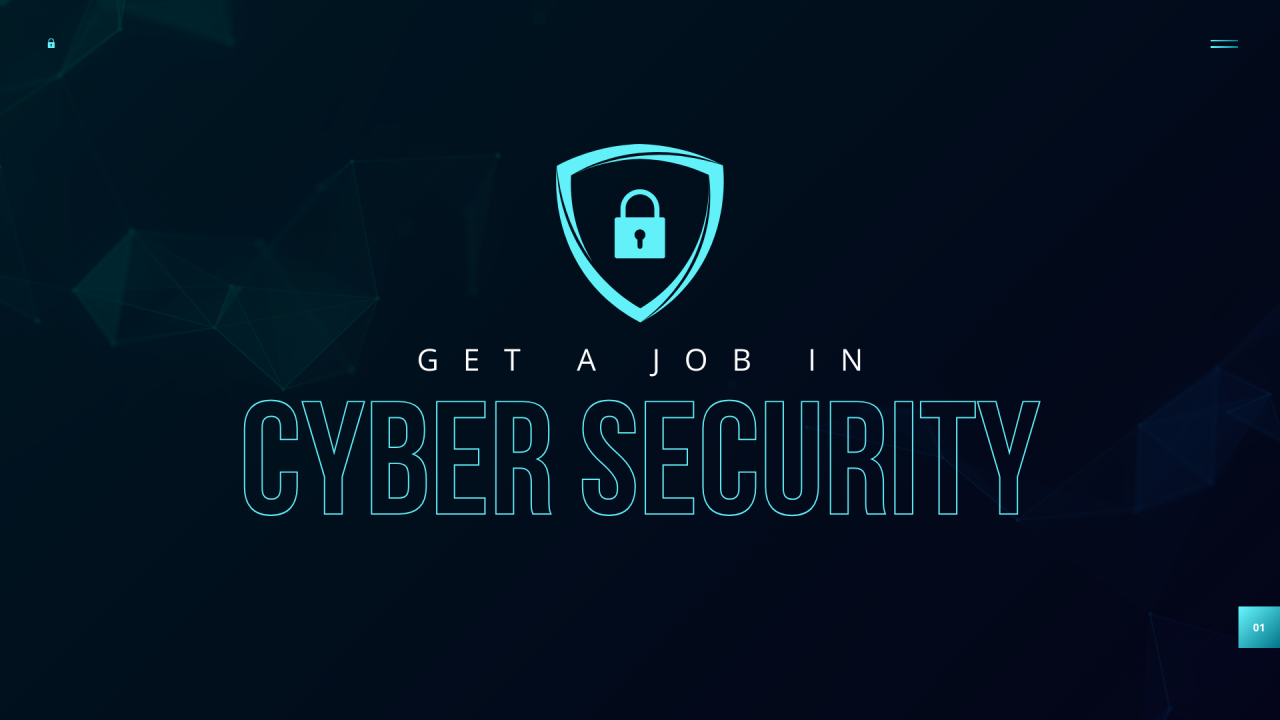
In today’s digital age, cybersecurity has become a critical field with growing demand for skilled professionals. Whether you’re starting out or looking to advance your career in cybersecurity, here are valuable tips, recommended courses, and strategies to give you a competitive edge over others.
1. Foundation and Education:
Building a strong foundation is crucial. Start with a solid educational background in computer science, information technology, or cybersecurity-related fields. While formal education is beneficial, practical skills and certifications often carry significant weight in the cybersecurity industry.
Recommended Courses:
- Certified Ethical Hacker (CEH): This certification provides a comprehensive understanding of ethical hacking techniques and tools.
- CompTIA Security+: A fundamental certification covering network security, compliance, and operational security.
- CISSP (Certified Information Systems Security Professional): An advanced certification demonstrating deep technical and managerial competence.
- Cybersecurity Specializations: Courses focusing on specific areas like penetration testing, incident response, or cryptography enhance expertise in specialized fields.
2. Hands-On Experience:
Employers value practical experience. Gain hands-on skills through internships, freelance projects, or volunteering for cybersecurity tasks. Practical knowledge in threat detection, vulnerability assessment, and network monitoring sets you apart.
- Build a Portfolio: Showcase your skills through personal projects, GitHub repositories, or participating in Capture The Flag (CTF) competitions.
- Networking: Engage with cybersecurity communities, attend conferences, and join professional organizations like ISACA or ISC² to stay updated and build connections.
3. Stay Updated with Industry Trends:
Cyber threats evolve rapidly. Stay informed about the latest security trends, vulnerabilities, and defensive strategies.
- Read Industry Reports: Follow cybersecurity blogs, whitepapers, and reports from organizations like OWASP and SANS Institute.
- Continuous Learning: Enroll in online courses, webinars, or workshops to stay abreast of emerging technologies and threats.
4. Soft Skills Matter:
Beyond technical proficiency, employers seek candidates with strong communication, problem-solving, and analytical skills.
- Effective Communication: Articulate technical concepts clearly, both verbally and in writing.
- Adaptability: Demonstrate flexibility and ability to learn quickly in dynamic cybersecurity environments.
- Critical Thinking: Employ logical reasoning and strategic thinking in analyzing and solving security challenges.
5. Certifications and Credentials:
Certifications validate your skills and knowledge. Choose certifications aligned with your career goals and the industry’s current demands.
- Vendor-Specific Certifications: Cisco CCNA Security, Palo Alto Networks PCNSA, etc., for specialization in specific technologies.
- Advanced Certifications: Pursue higher-level certifications like Certified Information Security Manager (CISM) or Certified Information Systems Auditor (CISA) for managerial roles.
6. Showcase Your Unique Value:
Highlight what sets you apart from other candidates. Develop a personal brand through a professional LinkedIn profile, a personal website, or a blog demonstrating your expertise and thought leadership in cybersecurity.
7. Ethics and Professionalism:
Cybersecurity requires integrity and a commitment to ethical conduct. Demonstrate your understanding of ethical considerations and compliance with industry standards.
Conclusion
Securing a cybersecurity job requires a blend of technical expertise, practical experience, continuous learning, and strong interpersonal skills. By investing in education, gaining hands-on experience, staying updated with industry trends, and showcasing your unique strengths, you can significantly enhance your chances of standing out in the competitive cybersecurity job market. Remember, cybersecurity is not just a profession; it’s a commitment to protecting digital assets and ensuring the integrity of information in an increasingly interconnected world.